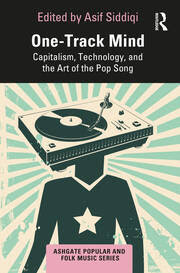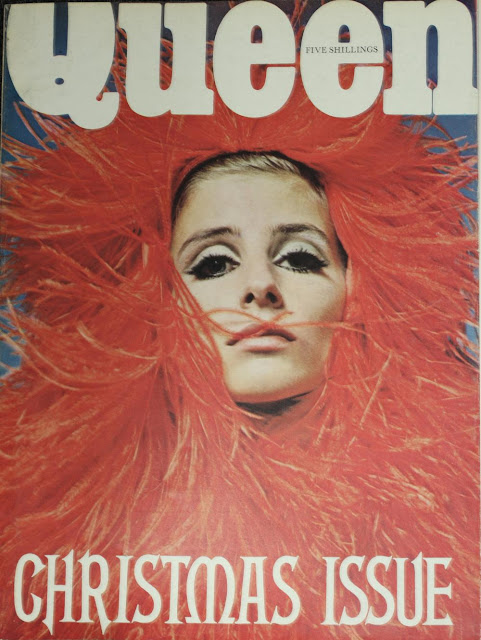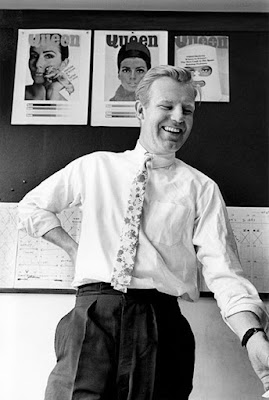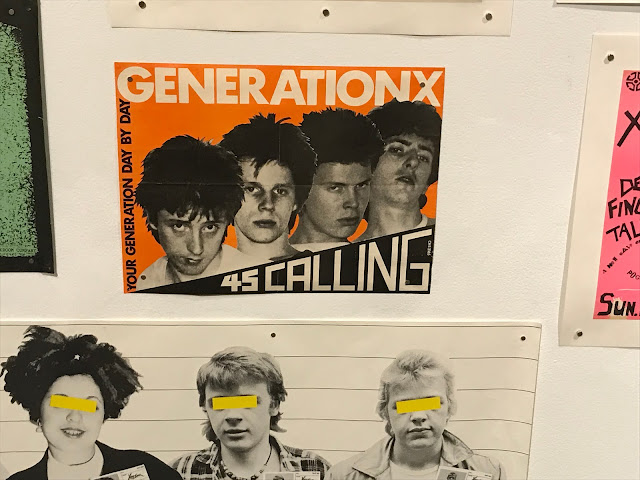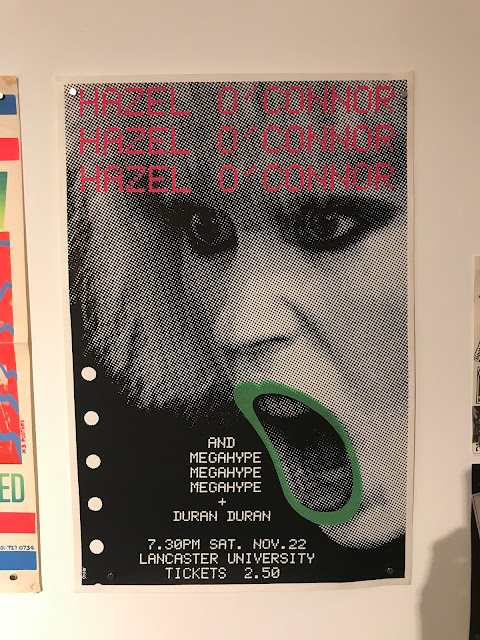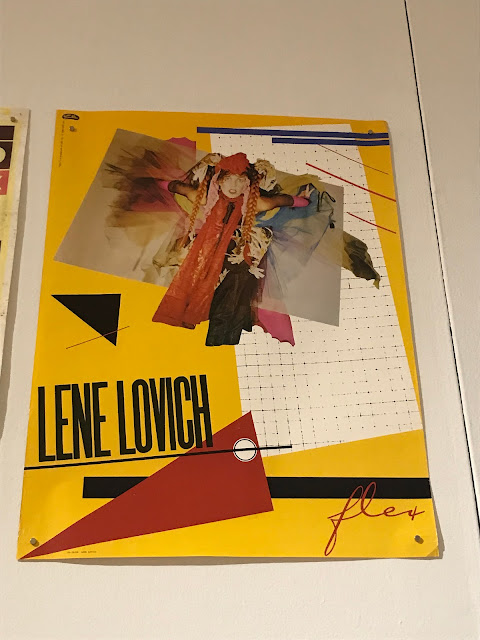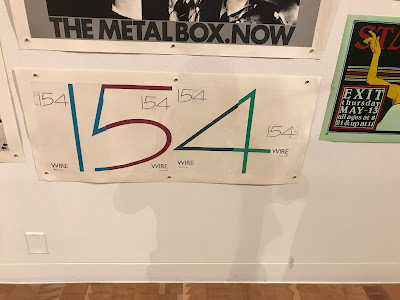A couple of goodies here: a very old and very good mate with a new collection of his own writing, a more recent and very good mate with a collection he's conceived and corralled of other's writing.
Matthew Ingram has a new book out soon that pulls together his recent spate of extended essays exploring the connections between music, spirituality, health and the counterculture, and adds some all-new long pieces on New Age and Prince, plus a profile of Roedelius. Keep your third eye trained on the Woebot blog for news of The "S" Word's materialisation on this plane.
Asif Siddiqi has written a bunch of tomes on the space race and matters cosmonautical, but out in just a few days is his first foray into music books: One-Track Mind: Capitalism, Technology, and the Art of the Pop Song. Edited by Asif and published by Routledge it's a collection of 16 essays corralled around a focus on a single song, track, piece, or unit of recorded sound. Artists include Le Grand Kallé and African Jazz, Moby Grape, Led Zeppelin, David Bowie, X-Ray Spex, Prince, Neil Young, The Replacements, NWA, Salt-N-Pepa, Hanson, LCD Soundsystem and MIA; contributors include Oliver Wang, Esther Liberman Cuenca, Helen Reddington, Scott Poulson-Bryant, Gina Arnold, Amy Coddington, Susan Schmidt Horning, George Plasketes, Gabrielle Cornish and Asif himself. And I'm in there with a piece on Donna Summer's "I Feel Love".
Release rationale:
The song remains the most basic unit of modern pop music. Shaped into being by historical forces—cultural, aesthetic, and technical—the song provides both performer and audience with a world marked off by a short, discrete, and temporally demarcated experience.... Arranged chronologically in order of release of the tracks, and spanning nearly five decades, these essays zigzag across the cultural landscape to present one possible history of pop music. There are detours through psychedelic rock, Afro-pop, Latin pop, glam rock, heavy metal, punk, postpunk, adult contemporary rock, techno, hip-hop, and electro-pop here. More than just deep histories of individual songs, these essays all expand far beyond the track itself to offer exciting and often counterintuitive histories of transformative moments in popular culture. Collectively, they show the undiminished power of the individual pop song, both as distillations of important flashpoints and, in their afterlives, as ghostly echoes that persist undiminished but transform for succeeding generations....

